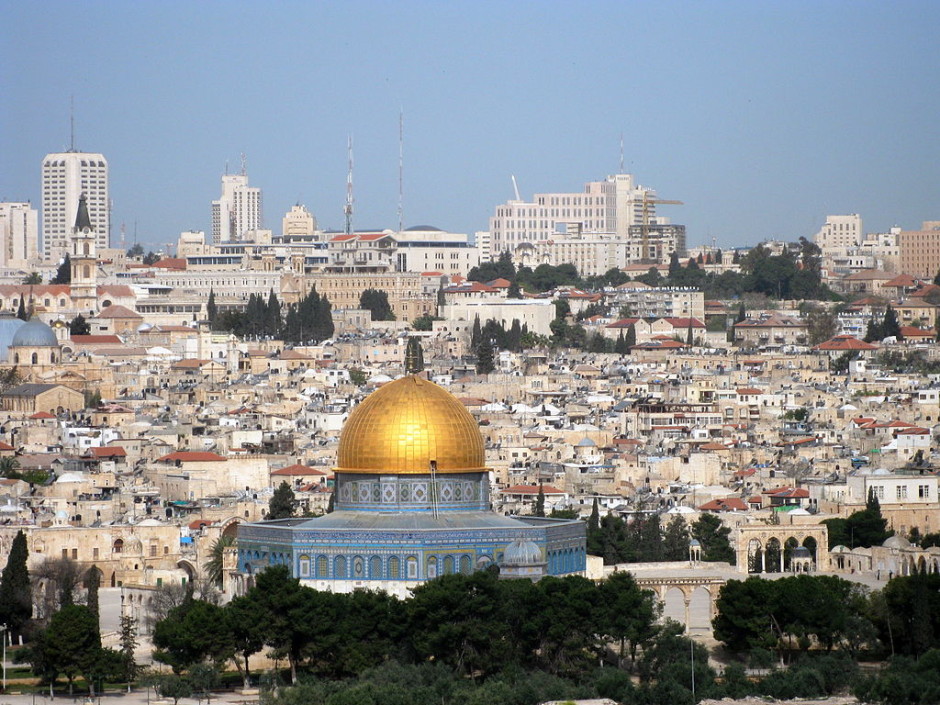The timing of the latest outburst of Palestinian unrest in the West Bank and Israel is hardly surprising. With the peace process having shuddered to a screeching halt and the expansion of Jewish settlements in the West Bank continuing apace, the probability of a Palestinian reaction was inevitable.
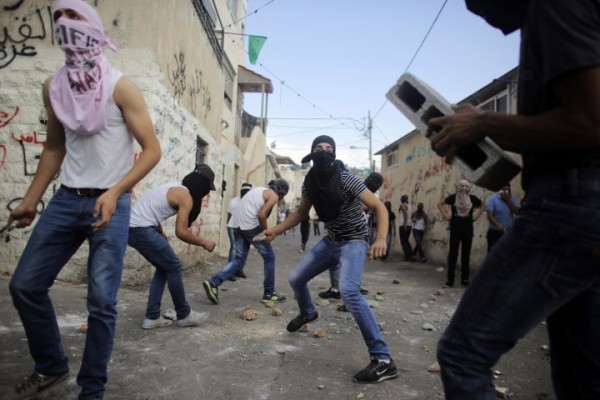
I‘m frankly surprised it didn’t happen much sooner, during the early days of the Arab Spring rebellions in the Arab world.
Israelis who’ve sought comfort in the notion that the status quo is acceptable and that conflict management is preferable to conflict resolution are now reaping the whirlwind and paying the price of their complacency.
Basically, Israelis have labored under two false assumptions. They assumed that the Palestinians of the West Bank would be satisfied with crumbs — dollops of limited autonomy. And they thought that the Palestinians would infinitely tolerate an increasingly repressive occupation that began almost 50 years ago. This was always an illusory assumption and the product of smug short-term thinking.
Israeli Prime Minister Benjamin Netanyahu and his blinkered associates are the chief propagators of this illusion.
With Palestinian stabbings and shootings and Israeli retaliatory attacks having claimed the lives of seven Israelis and 30 Palestinians in the past week, Netanyahu recently made an astonishing claim that speaks volumes about his skewed and simplistic understanding of current events.
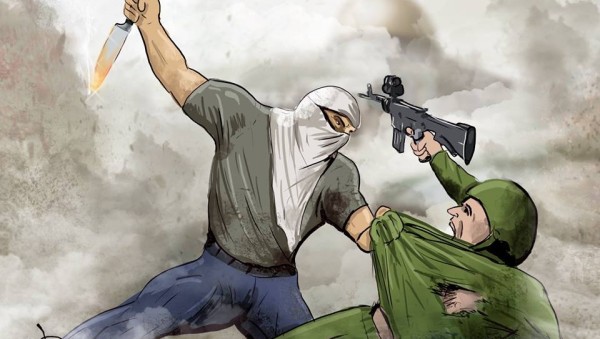
Palestinian terrorism, he asserted in an observation shockingly at odds with reason and reality, “does not come from frustration over the lack of a diplomatic solution, but from a desire to destroy us.”
What planet does he live on?
It’s undeniably true that some Palestinians, notably those belonging to or in sympathy with Hamas, seek nothing less than Israel’s destruction. But to conflate Palestinians such as these with Palestinians whose goal is a two-state solution on the basis of the pre-1967 lines and territorial exchanges is absolutely cynical, grossly unfair and totally misleading.
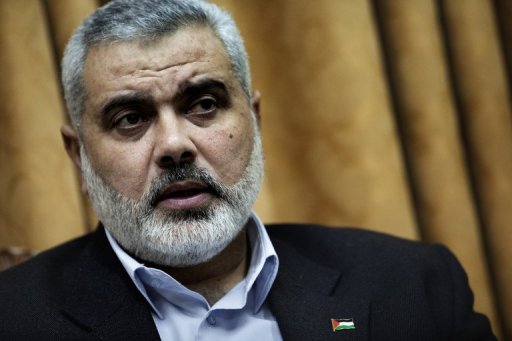
Netanyahu has great difficulty in distinguishing between Ismail Haniyeh, the Hamas leader in the Gaza Strip who rejects Israel’s existence and has called for a third intifada, and Mahmoud Abbas, the president of the Palestinian Authority who recognizes Israel and has attempted to quell the bloodshed.
The current crisis was sparked by Palestinian fears that Israel aims to divide the Temple Mount, a 37-acre compound in East Jerusalem revered by Jews and Muslims alike. Israel denies the accusation, but in his recent speech at the United Nations General Assembly, Abbas claimed that Israelis are desecrating the Temple Mount — known to the Arabs as the Noble Sanctuary — with their “dirty feet.”
Abbas’ choice of language was inflammatory and unfortunate, but contrary to Netanyahu’s claim, Abbas has not been the primary inciter of violence, as the Shin Bet has correctly pointed out.
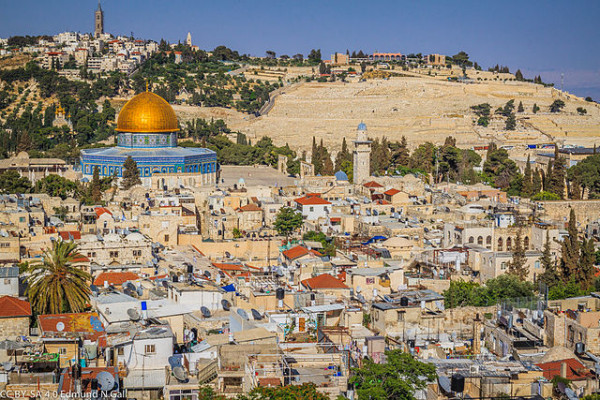
The random assaults on Israeli civilians and soldiers, which have created a palpable sense of fear, have been carried out by lone wolf attackers. They’re fed up with the status quo and, perhaps, eager to chip away at the foundations of the Jewish state. The vast majority of the terrorists, spurred on by social media, have been under the age of 20 and have acted in spontaneous fashion without the knowledge of Palestinian organizations.
The usual suspects have hitched their wagons to this protest movement: Hamas, the northern branch of the Islamic Movement — led by Sheikh Raed Salah — and a few intemperate and irresponsible Israeli Arab parliamentarians such as Hanin Zoabi of the Joint Arab List.
Netanyahu eggs them on.
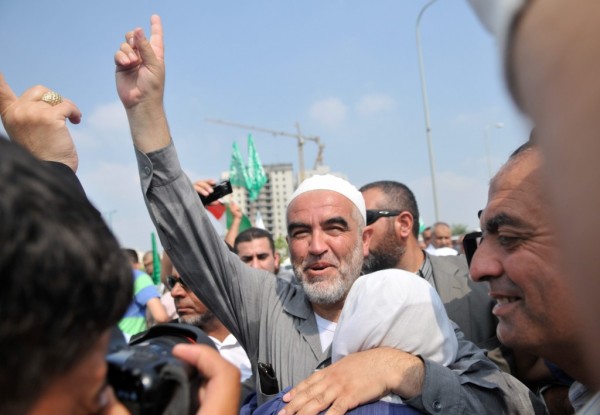
In keeping with classic Zionist Revisionist ideology, Netanyahu is more interested in building an iron wall around Israel and retaining the settlements in the West Bank than in reaching a fair and equitable peace agreement with the Palestinian Authority. That’s his modus operandi, his tiresome lip service to Palestinian statehood notwithstanding.
A few days ago, in an unguarded moment, or in a remarkably candid admission, Netanyahu said there is no need to publicize new settlement construction because such disclosures undermine international support for Israel’s efforts to stem the current wave of violence.
“We built a lot, including recently,” he boasted, apparently oblivious to the fact that the settlements do not enhance Israel’s security, drain scarce financial resources from state coffers, isolate Israel on the world stage, break up the geographic contiguity of a future Palestinian state, render impossible the free and unhindered movement of Palestinians, and prejudge the outcome of negotiations.
Israel’s defence minister, Moshe Yaalon, left a similar message.
In a reference to the West Bank, he declared, “Building in Judea and Samaria was not frozen for even a minute. We built in the past. We’re building in the present. We will build in the future.”
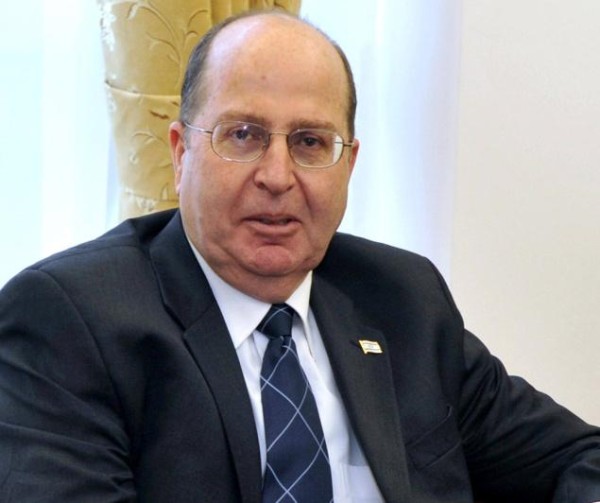
Echoing Netanyahu’s comments, Yaalon said that Israel would be wise not to draw undue attention to settlement expansion beyond the pre-1967 lines.
It’s really immaterial whether Israel builds openly or by stealth. The facts are bound to emerge, enraging Palestinians and disheartening Jews who believe that Jewish-Arab coexistence is still possible if radically different approaches and policies are adopted.
No one knows whether the ongoing violence will morph into a third Palestinian uprising, but the tipping point may be near, despite Israeli security measures. If a lot more Israelis and Palestinians are killed in the coming days and weeks, Israel will indeed face the threat of an intifada of the Palestinian masses.
This spiral of violence could well resemble the spontaneous 1987 uprising, during which Palestinians resorted to knives, stones and Molotov cocktails, rather than the 2000 uprising, which degenerated into an armed insurrection punctuated by suicide bombings and directed by the Palestinian Authority and Hamas.
This much is clear, no matter what happens in the immediate future. Without a political horizon and a roadmap to peace on which the Palestinians can pin their hopes and dreams of statehood, the blood will keep flowing and both sides will suffer needlessly.
